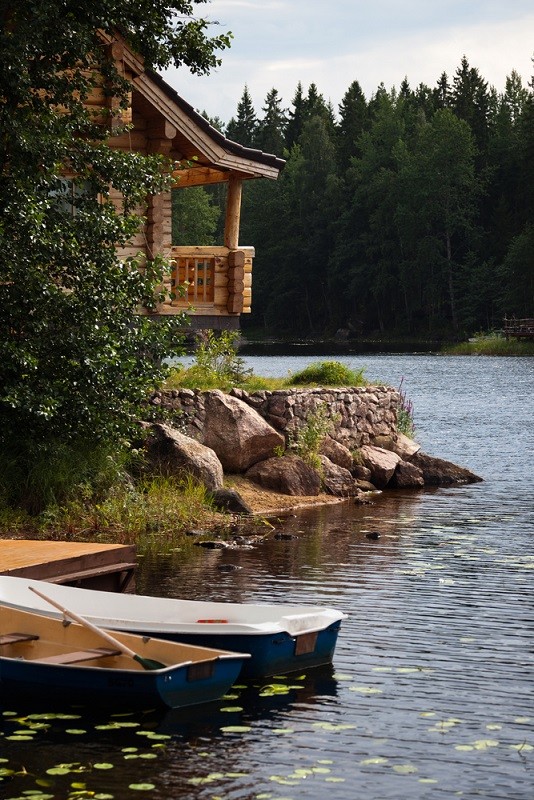 Last week I met with Ray and Gail (not their real names) to discuss their estate planning. A recent family discussion with their two daughters over what to do with the family cottage had prompted them to come and see me. Ray and Gail still enjoyed their summers at the cottage and weren’t sure if they were ready to give up ownership. Both daughters were interested in keeping the cottage in the family but one travelled a lot with her job so wasn’t sure if ownership made sense for her. The family wasn’t sure what to do.
Last week I met with Ray and Gail (not their real names) to discuss their estate planning. A recent family discussion with their two daughters over what to do with the family cottage had prompted them to come and see me. Ray and Gail still enjoyed their summers at the cottage and weren’t sure if they were ready to give up ownership. Both daughters were interested in keeping the cottage in the family but one travelled a lot with her job so wasn’t sure if ownership made sense for her. The family wasn’t sure what to do.
Review Your Options
As I explained to Ray and Gail, there are a number of options for dealing with a family cottage depending upon one’s current and estate planning goals and family circumstances. All the options have their own pros and cons and must be reviewed carefully.
One option I reviewed with Ray and Gail was to retain complete ownership of the cottage and direct that it be transferred to one or both of their children upon their death. Capital gains tax would be payable upon the death of the second spouse. I advised them to consider if there will be enough money in the estate to cover the tax bill. Otherwise, the children may be forced to sell the cottage in order to raise the needed funds. I suggested they give serious consideration as to whether this option is practical for their children. They need to ask themselves,
• Would the children be able to amicably share the cottage?
• Do all the children live close enough to use the cottage?
• Are all the children interested in shared cottage ownership?
If the children do not have the same financial means, they could set up a trust fund in their Wills which could be used to pay such costs as property taxes, insurance, major repairs, etc. If they decide to leave the cottage to one of their children, things can be evened out in other ways in their Wills to ensure both of their children are treated equitably. As capital gains will be paid from the estate and therefore reduce the share going to each beneficiary (hardly fair for the child not receiving the cottage), I advised them to consider having a life insurance policy in place to be used to pay the capital gains. Instead of an outright gift, another option is to divide the estate among the children equally but give one or both of the children the option to purchase the cottage from the estate.
Consider the Capital Gains Tax
As I explained, no one option will avoid income tax issues unless the cottage is your only residence but even then, leaving it to someone who already owns a home potentially creates future tax concerns for them. There are no easy answers but advance planning can help reduce the tax burden.
Consult the Professionals
Regardless of what you are considering, consult professionals early in the process:
• a tax accountant as the taxation issues can be complicated and you need proper advice regarding capital gains tax;
• a financial planner who may be able to offer suggestions for ensuring there are funds to cover the capital gains liability; and,
• a lawyer specialized in estate planning who can put the necessary documents in place to achieve your desired goals.
If you aren’t sure what to do with your family cottage, make an appointment to meet with me. We will discuss your various options so you can decide what option is best for you and your family.

Reproduction of this blog is permitted if the author is credited. If you have questions or if you would like more information, please call us at 613 836-9915. This blog is not intended to be legal advice but contains general information. Please consult a lawyer or other professional to determine how the information in this blog might apply to you.
Blog posts pre-dated December 1, 2015 were originally published under Neff Law Office Professional Corporation.

